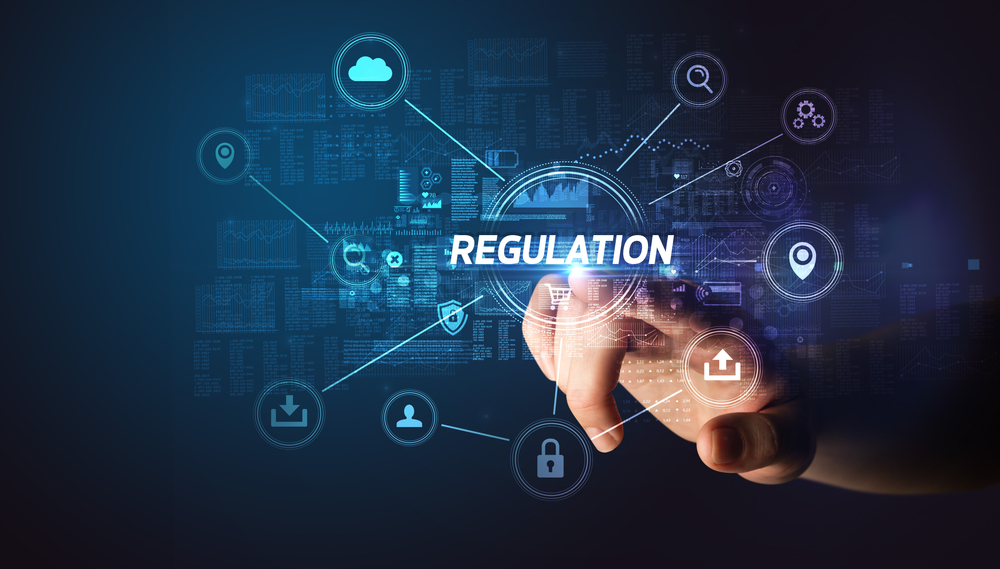Indonesia announced plans to launch a national platform to facilitate crypto exchange.
The exchange is a constituent of the national initiative to reform the regulatory oversight to the securities authority from the current commodities agency.
Launching the exchange platform will precede shifting the regulatory power to the securities authority. The plan is enumerated within the broader financial reform conveyed in the December 2022 update.
Reforms Proposed to Indonesia Financial Sector
In support of the reforms, Didid Noordiatmoko indicated on January 4 the need for establishing the national crypto exchange platform. The chief officer at the Commodity Futures Trading Regulatory Agency of Indonesia (Bappebti) restated the need to establish the crypto exchange platform this year.
He noted that the reforms propose transferring the oversight of cryptos from the Bappebti. He observed that the Financial Services Authority (FSA) is set to assume the supervisory role by 2024.
The plans for setting up the exchange platform arises from the December 15 decision by the House of Representatives to approve the Financial Sector Development and Reinforcement bill (P2SK). The P2SK is now the primary regulatory reference for the Indonesian financial service sector.
Lauding the shift of oversight to the FSA, Suminto Sastrosuwito, who heads the Financing and Risk Management within the national finance ministry, indicated that the reforms are timely.
Sastrosuwito noted that crypto assets portray identical features to financial and investment products. As such, Sastrosuwito supported the urgency to regulate them just as investment and financial products.
Indonesia Turnaround on Crypto Ban
The reforms illustrate a turnaround from the blanket ban imposed by Indonesia in 2017 to prohibit crypto payments. Nonetheless, digital asset trading retains legal recognition. The reforms coincide with when the crypto transactions’ value declined in 2022 from $55 million to $19 million.
Coincidentally, Bank of Indonesia governor Perry Warjiyo launched the conceptual design in December to facilitate the introduction of the digital rupiah.
In his address, Warjiyo observed that the digital rupiah would mirror the country’s fiat currency. He reassured the involvement of all stakeholders in the discussions to reinforce its viability in the country. The open discussions will help enrich the digital rupiah design and functionalities.
